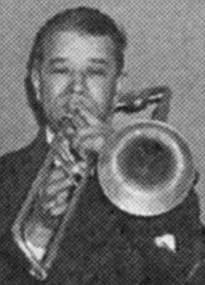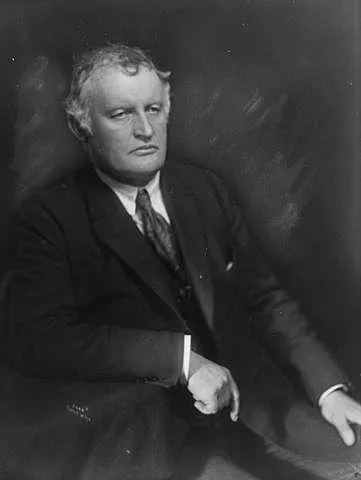
Full Name: Paul Robeson
Birth Year: 1898
Death Year: 1976
Nationality: American
Professions: Actor, singer, and activist
Paul Robeson: A Life of Artistry and Activism
Born into a world that would test his resilience, Paul Robeson entered the stage of life in 1898. The son of a formerly enslaved father and a schoolteacher mother, his childhood in Princeton, New Jersey, was marked by contradictions. Despite facing racial discrimination, young Paul thrived academically; he became an exceptional student and eventually earned a scholarship to Rutgers University. Here he excelled in athletics and academics alike perhaps it was these formative years that shaped his fierce determination to fight for equality.
However, it wasn't merely academia where he made his mark. On the football field, he showcased an athletic prowess that saw him become an All-American player. After graduating from Rutgers in 1919 with a degree in sociology and anthropology, Robeson went on to study law at Columbia University. Ironically, while pursuing this noble profession a path many hoped would lead to respectability he found himself increasingly drawn into the world of performing arts.
In the 1920s, Robeson's career blossomed like spring flowers breaking through winter's chill as he transitioned from law to acting. His performance as Othello on Broadway became legendary; critics lauded him for infusing the character with depth and dignity previously unseen on American stages. This role not only showcased his incredible talent but also catapulted him into international stardom who knows how many young Black actors were inspired by seeing someone who looked like them take on such an iconic role?
Yet success did not shield him from society's harsh realities. During this time period when America grappled with systemic racism and civil rights injustices, Robeson’s powerful baritone voice echoed beyond the theater walls singing songs of struggle while speaking out against oppression. He used platforms available to him; whether performing at Carnegie Hall or addressing crowds across Europe during concert tours filled with political messages.
This advocacy came at considerable personal cost... As he grew more vocal about civil rights issues the treatment of African Americans domestically and colonial subjects abroad the backlash intensified. In fact, despite gaining fame for his artistry including acclaimed performances in film adaptations like “Show Boat” (1936) where he sang "Ol’ Man River" his activism began alienating certain segments of society.
A Complex Relationship with Politics
Robeson's relationship with politics deepened during World War II as he fervently supported anti-fascist movements globally... However, post-war America was not ready for such unyielding views; accusations surfaced linking him to Communism due largely because of friendships forged with Soviet leaders during European tours advocating socialism's benefits for marginalized communities.
The Price of Dissent
This association led authorities to scrutinize every aspect of his life closely a disturbing reality illustrated vividly when federal agents attempted silencing him amid McCarthy-era hysteria surrounding alleged communist sympathizers within American borders! Despite pressures mounting around him including losing contracts from major studios the emboldened performer continued using music as resistance against injustice.
A Legacy That Transcends Time
Proudly proclaiming “the artist must elect to fight for freedom or slavery," one can argue perhaps no statement embodies more profoundly than this mantra delivered throughout varied stages in theaters filled with enraptured audiences eagerly awaiting each note resonating within their souls!
The Impact Beyond His Era
Even today as we observe ongoing struggles against racial inequality it becomes evident that voices like Paul’s remain crucial: echoing through generations past paving paths forward! An anecdote often shared depicts how students attending universities across America cite inspirational figures: among them being none other than our beloved Paul Robeson whose legacy inspires countless artists fighting for social justice today!
The Final Curtain Call
The stage lights dimmed over Robeson's life when he passed away on January 23rd ,1976; yet even as curtains fell around this titan artist they never truly closed! His contributions continue illuminating discussions regarding race relations within art forms from musical theater productions reflecting cultural narratives capturing human experience to documentary films showcasing interwoven struggles confronting multifaceted identities battling societal constraints daily...
The Modern Resonance
Ironic isn’t it? Today’s contemporary performers frequently cite issues surrounding identity politics centered around race-gender intersectionality a dialogue initiated long before by pioneers such as Robeson himself! Indeed… even decades later that unwavering spirit continues shining bright amidst diverse artistic expressions prompting us all question our place therein?
As January unfolds anew year after year since Paul’s departure – let us remember how art holds transformative power capable breaking barriers fostering unity forging ahead together toward brighter tomorrows!








